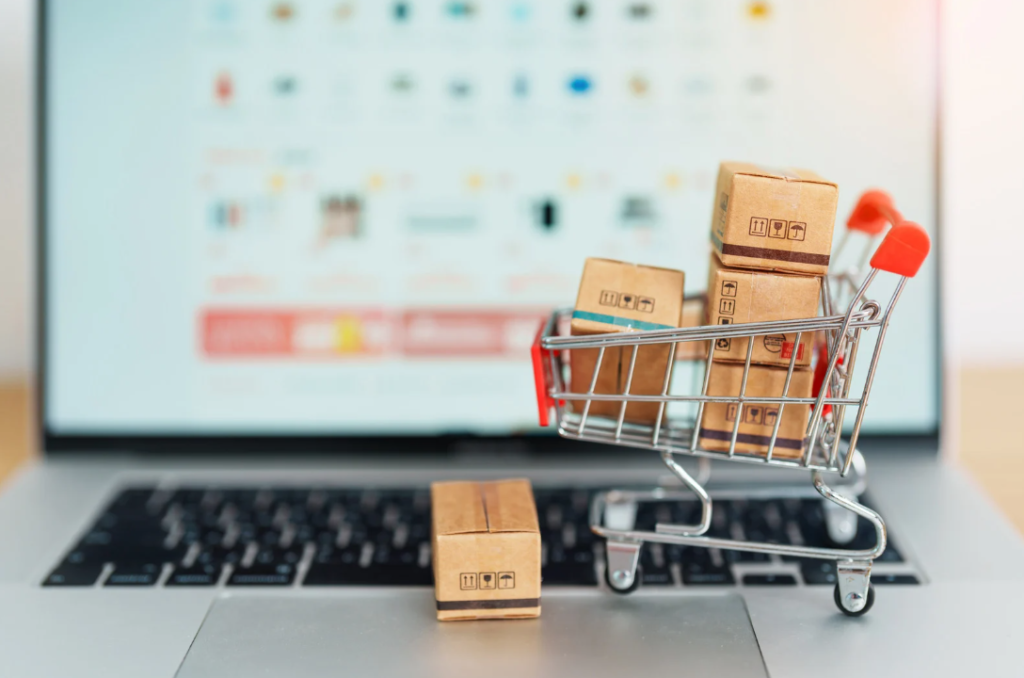The Importance of E-Commerce Integrations in Fashion Retail
In today’s digital age, the fashion retail industry relies heavily on a seamless integration between physical and online storefronts. With 88% of consumers expecting smooth transitions between online and in-store shopping experiences (Think with Google), retailers need robust solutions to meet these demands. This necessity is where e-commerce integrations come into play, adding significant value to both retailers and wholesalers.
1. All-In-One Inventory Management Solution
An all-in-one inventory management solution is essential for fashion and footwear retailers and wholesalers. Real-time visibility into stock levels across multiple locations is invaluable. Not only does it help in managing inventory efficiently, but it also prevents issues such as overstocking or stockouts. This kind of integration supports various operational needs, from restocking decisions to managing sales and promotions effectively.
Solutions like AI-powered inventory management are stepping up the game by providing predictive analytics. These analytics help in forecasting demand trends based on historical sales data. Such advanced insights assist in making informed decisions about future stock requirements, thereby minimising losses and maximising profits. AI inventory management is becoming a cornerstone in providing a competitive edge in the retail industry.
2. Point of Sale (POS) Integration
Integrated POS systems are crucial for synchronising in-store and online sales data in real-time. This integration ensures that every sale, whether online or in-store, is immediately reflected in the inventory system. This synchronisation is vital for operational efficiency and helps in avoiding issues like double-selling or inventory discrepancies.
Brands like Shopify, WooCommerce, Magento, and The Iconic provide integrations that sync stock in real-time, ensuring that the retailer always has up-to-date stock information. The seamless flow of data between POS systems and inventory management platforms not only enhances customer experience but also ensures operational smoothness. It reduces manual entries and errors, enabling staff to focus on delivering better customer service.
3. E-Commerce Platform Integration
Integrating your e-commerce platform with inventory and POS systems is a must-have for any modern retailer. This connection is pivotal for aligning online sales strategies with in-store operations. It also creates a unified customer experience, where shoppers enjoy the same level of service and product availability regardless of the channel they choose.
Platforms like Shopify, WooCommerce, and Magento offer APIs that make it easier to link e-commerce websites with inventory systems. These integrations manage everything from product listings to order fulfilment and customer service. They also provide AI-driven analytics that track sales trends, providing valuable insights for stock planning and marketing strategies. These features ensure that automated inventory updates prevent overselling and customer dissatisfaction.
4. Financial Reporting and Business Intelligence Tools
Another critical integration for fashion retailers is financial reporting and business intelligence tools. These tools help in gathering and analysing data related to sales, inventory, customer behaviour, and more. Financial reporting integrations offer retailers a comprehensive overview of their business performance, helping in strategy formulation and execution.
By leveraging these tools, businesses can gain insights into profit margins, departmental performance, and stock valuation. This information is crucial for making data-driven decisions that align with business goals. The ability to forecast financial performance based on current trends is invaluable for maintaining profitability and driving growth.
5. Customer Relationship Management (CRM) Integration
Integrating CRM systems with e-commerce platforms is indispensable for building and maintaining customer relationships. CRM integrations allow retailers to manage customer data effectively, segment audiences, and personalise marketing campaigns. This holistic view of customer interactions helps in tailoring engagement strategies that can improve customer loyalty and lifetime value.
CRM systems offer tools for tracking purchase histories, managing returns, and monitoring customer feedback. This information is useful for crafting personalised communications and promotions that resonate with different customer segments. Additionally, CRM integrations can simplify the management of loyalty programmes, enhancing customer satisfaction and retention.
These five integrations are fundamental for any fashion retailer aiming to achieve operational efficiency and customer satisfaction. By investing in these technologies, retailers can ensure seamless shopping experiences, better inventory management, and informed decision-making, ultimately leading to business growth and success.




